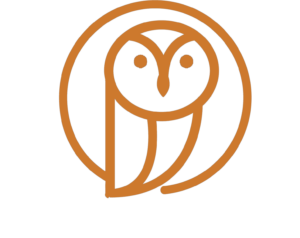The aim of the course is to present and explain the main aspects of the work of philosophers and thinkers of Greek antiquity, to examine the formation and evolution of ancient Greek philosophical streams, schools and traditions, to identify their interactions and their general cultural impact and to highlight the influence of ancient Greek philosophical thought in the broader European and Mediterranean area. Students will come into contact with characteristic passages from the work of ancient Greek philosophers in English translation.
Upon successful completion of the course, students will be able to:
• understand the historical evolution of philosophical and scientific activity that developed in the broader Greek area from the time of the Presocratics up to late antiquity,
• identify similarities and differences in the basic argumentation of Greek philosophical and scientific theories in their diachronic evolution, through the development of the respective philosophical streams, schools and traditions,
• understand the content of ancient Greek philosophical and scientific thought and its contribution to the foundation of Western civilization,
• use the basic methodological tools of research in the fields of the history of philosophy, the history of science and the history of ideas,
• compose written papers with scientific merit, using information from sources and secondary literature, and drawing well-founded conclusions,
• make use of the achievements of contemporary research in the field of ancient Greek philosophy and science, so as to facilitate their further involvement with specific objects of this thematic area,
• understand the importance of ancient Greek philosophy in the evolution of modern and contemporary philosophical streams.


